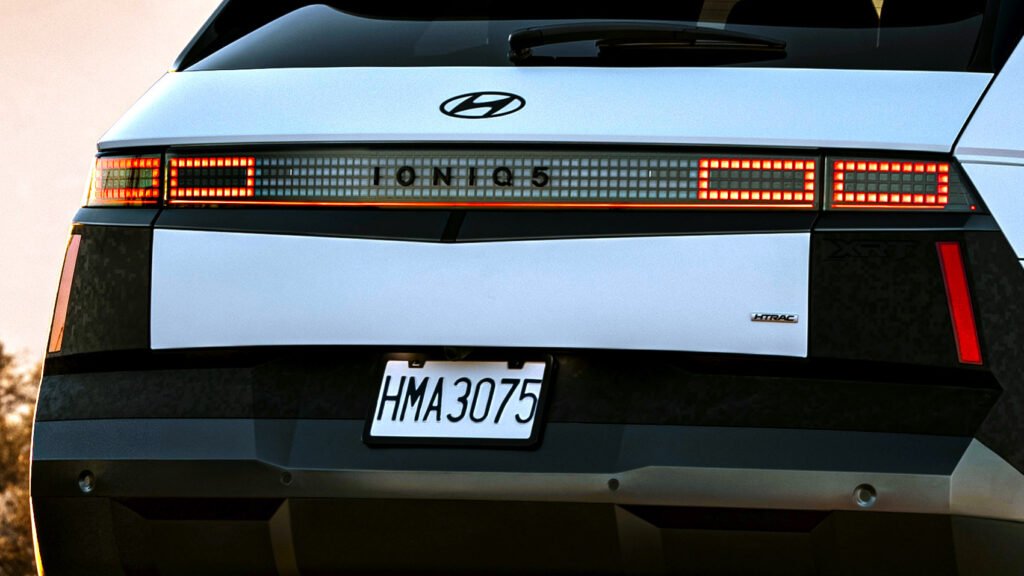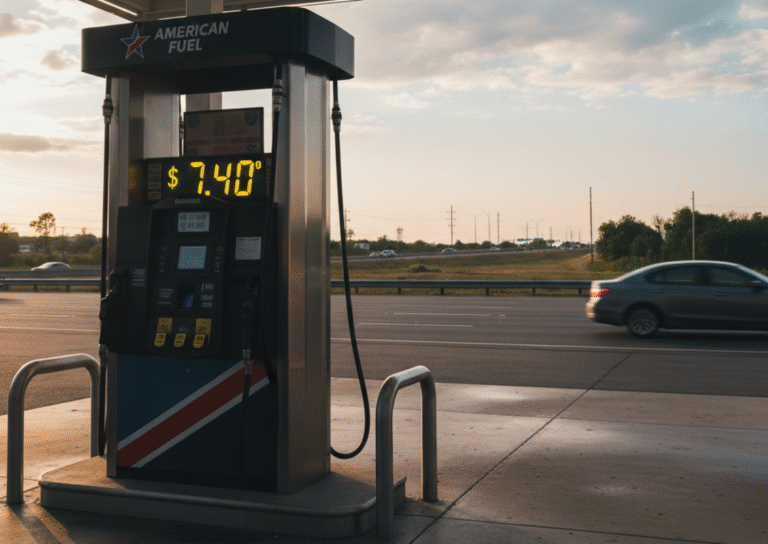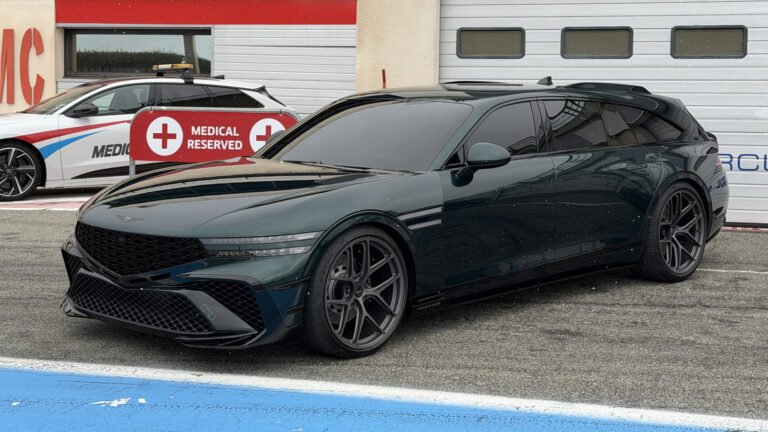

- Hyundai is recalling 86,578 vehicles over two separate issues.
- 2025 Ioniq 5 EVs may have loose front seat belt retractors.
- 2020-2023 Sonatas have fuel tanks that can melt and leak.
Year-over-year Hyundai Ioniq 5 sales plummeted 63 percent last month due to the elimination of the clean vehicle tax credit. That was a tough blow and the hits keep on coming as the 2025 model has been hit by a stop sale order.
The problem is a recall involving 1,535 EVs with front seat belt retractors that may not be securely fastened. This can prevent the belts from working properly in a crash, which increases the risk of an injury.
More: Hyundai Lowers Ioniq 5 Pricing By Up To $9,800
Hyundai first became aware of the issue in July following a report that a driver side seat belt retractor was “not fully installed” in an Ioniq 5. This sparked an investigation which discovered that, at the time the vehicle was built, a “new rework process was deployed” at Hyundai Motor Group Metaplant America in Georgia.

The filing didn’t go into specifics, but said the rework process involved disassembling the B-pillar area and removing the front seatbelt retractors. The company eventually inspected 19 vehicles that went through the rework process and found four of them had a seat belt retractor fastening bolt that wasn’t fully torqued down.
Given this, the company decided to conduct a recall, which will see dealers inspect and secure the seat belt retractors, as necessary. This will also temporarily hold up sales of 64 vehicles believed to be in dealer stock.
Fuel Tank Fiasco

Following hot on the heels of a massive fuel tank recall impacting the Kia K5, Hyundai is issuing a similar campaign for the 2020-2023 Sonata.
85,043 sedans may have a damaged check valve, which can allow air to enter the fuel tank. This can cause the tank to expand, come into contact with hot exhaust components, and then melt.
The issue is being blamed on a purge control system check valve that can gradually wear and malfunction. When it goes, it can allow a “backflow of compressed air from the turbocharger to enter the fuel tank.”

Problems started appearing in 2023 and Hyundai is aware of seven related fuel leaks in the United States and Canada. Two were reported last month, but the automaker isn’t aware of any injuries or accidents.
To address the issue, dealers will inspect and replace the check valve as well as examine the fuel tank assembly. If the latter is damaged, it will be replaced free of charge. Dealers will also check and update the vehicle’s software as the latest version has diagnostics for monitoring internal fuel tank pressure.



